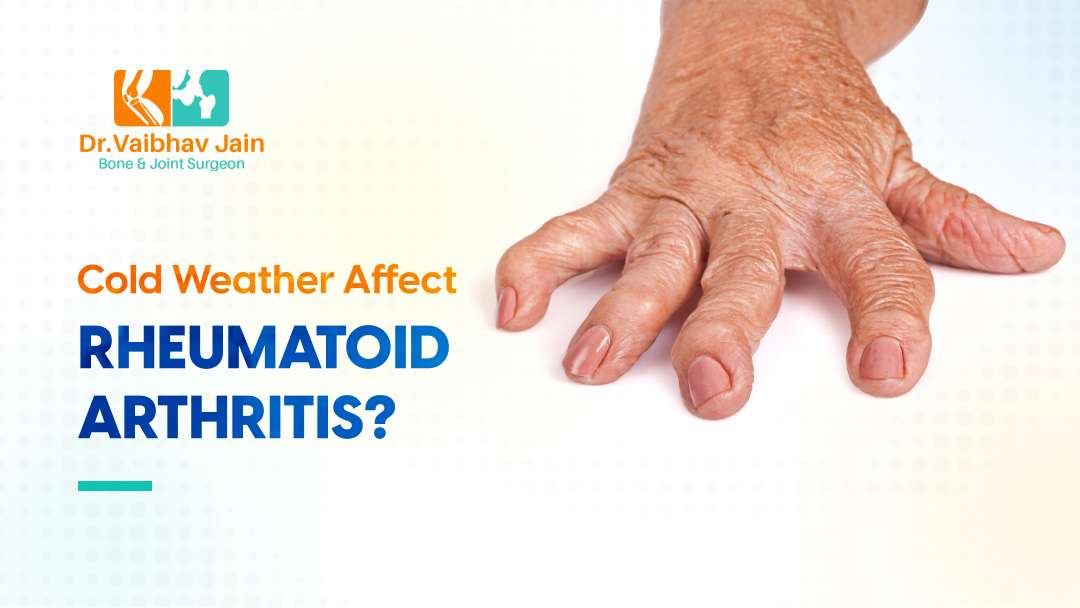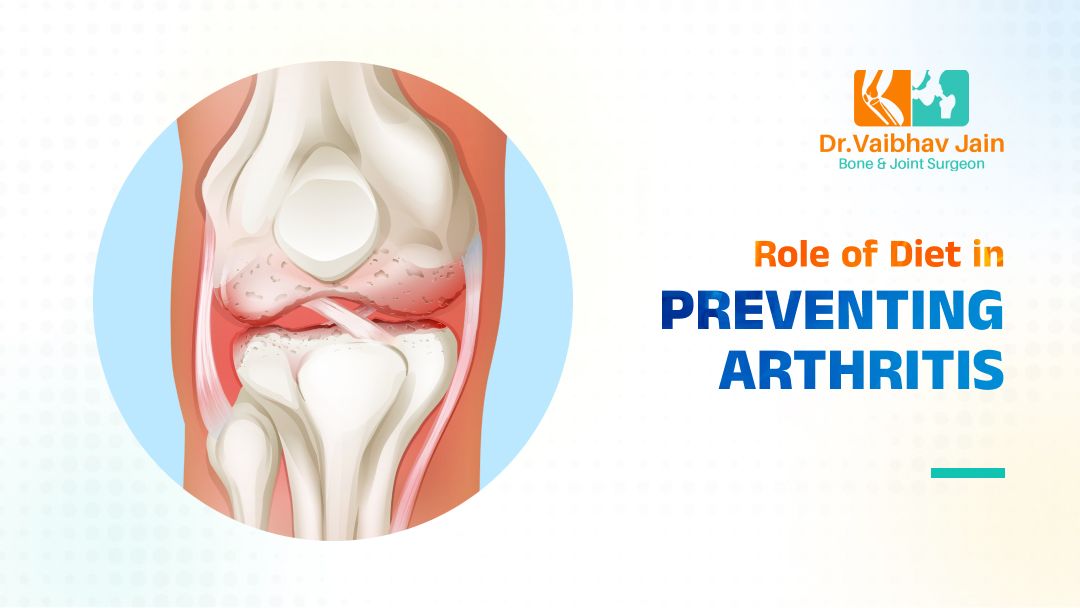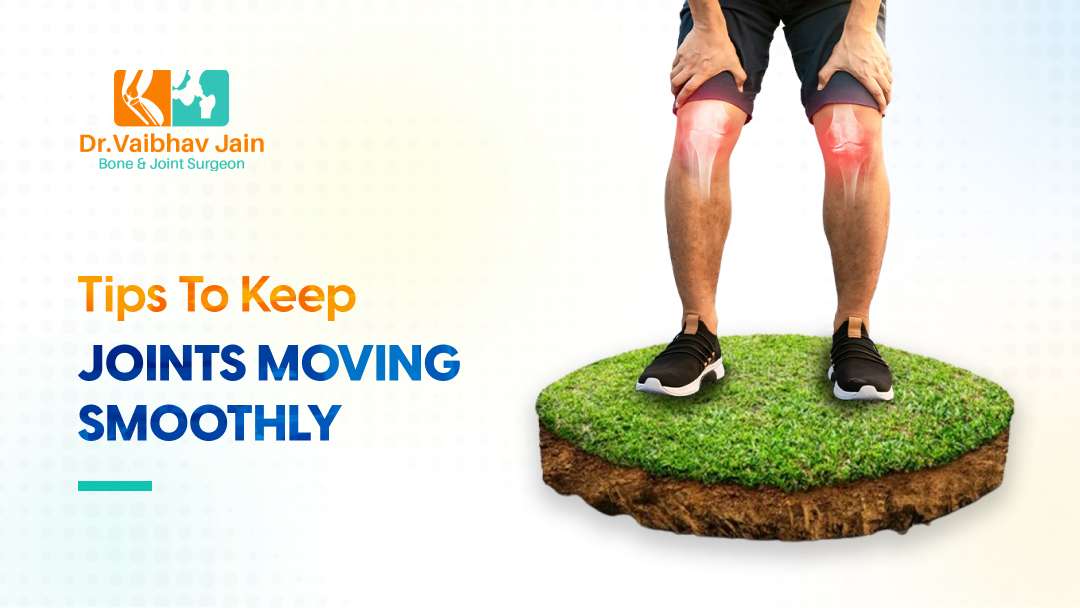The cold weather is here again. It’s time to swap that summer dress for the even more fashionable sweaters, woolen coats, and boots. But what does this cold weather do to arthritis?
Rheumatoid arthritis (RA) is an autoimmune disease that primarily affects the joints. Since RA is caused by the immune system attacking the body’s own joints, the joints of RA sufferers become stiff, inflamed, and weak. Arthritis itself is a medical condition that affects the joints and bones in the body. This happens either due to destruction of joints or the joints become painful and swollen. Arthritis can be caused due to various factors.
One of the primary factors that cause arthritis is cold and cold weather. Cold & cold weather helps in slowing down the body’s metabolism, which results in slowing the blood circulation to the joints in the body. This in turn leads to pain and inflammation in joints.
Can cold weather affect your arthritis? Yes! Weather plays a huge role in how much you move. When the weather outside is cold, we tend to stay inside more and stay inactive. Unfortunately, this can be very dangerous for people suffering from arthritis. In this blog post, we will explore the affects of cold weather on arthritis and give some tips on how cold weather can cause your arthritis to flare up.
How Does Cold Weather Affect Rheumatoid Arthritis?
If you have rheumatoid arthritis, you know that cold weather can be really tough. Whether it’s the cold air that makes your joints swell, the dry air that exacerbates your symptoms, or the ice that chokes your lungs, cold weather can be really hard on your rheumatoid arthritis.
But why is cold weather so tough on rheumatoid arthritis? Well, for one thing, cold weather causes your joints to swell. This is because cold temperatures cause your blood vessels to narrow, which reduces the amount of blood that circulates in your body. This reduction in blood flow causes your joints to swell due to the accumulation of fluid and blood.
Another reason cold weather is tough on rheumatoid arthritis is that it causes your airway to constrict. This is because cold air contains less moisture than warm air, which means that your lungs have to work harder to breathe. In addition, cold weather can cause your nasal passages to dry out, which can lead to congestion and a general feeling of not being well.
Cold weather can be a major challenge for people with rheumatoid arthritis (RA), as the condition can become worse in cold weather.
When RA (Rheumatoid Arthritis) affects the joints, it can cause them to swell and become very painful. This is because RA causes the immune system to attack the joints, which can make them very stiff and swollen. In addition, the cold weather can make RA worse by making the joints even more painful and swollen.
Tips To Get Rid Of Winter Rheumatoid Arthritis
- Make sure you’re getting enough rest. It’s important to get enough sleep to help reduce inflammation and pain.
- Make sure you’re eating a balanced and healthy diet. Avoid processed foods, sugar, and sodium. Instead, eat plenty of fruits, vegetables, and whole grains.
- Take supplements that are specifically designed to improve the symptoms of RA. These supplements may include omega-3 fatty acids, glucosamine, chondroitin, and other anti-inflammatory herbs and supplements.
- Exercise regularly. Exercise has been shown to improve joint function and reduce pain and inflammation.
- Find a therapist who specializes in RA. A therapist can provide advice on diet and exercise, as well as help you manage stress and anxiety.
- Keep up with your regular doctor’s appointments. By getting timely treatment for your Rheumatoid Arthritis, you can reduce your symptoms and enjoy a more comfortable winter season.
If you have rheumatoid arthritis, be prepared for cold weather by wearing plenty of clothing that covers your skin, taking frequent breaks to warm up your joints and airways, and drinking plenty of fluids to keep your body hydrated. And, of course, always consult your doctor before changing your weather conditions or taking any other precautions.
There is no denying that cold weather affects arthritis. To help keep you warm, comfortable, and moving, it is important to have a healthy routine. In this final section, we cover some tips that will help you stay healthy during the cold and flu season. I hope you’ve found this blog post helpful. In the meantime, I hope it warmed your heart and helped you stay warm.
If you are looking for a doctor who is knowledgeable and experienced in treating Rheumatoid Arthritis and other joint related diseases, then you should consult Dr. Vaibhav Jain. He is a leading Rheumatoid Arthritis specialist inDelhi and Noida, India with 15+ years of experience and is equipped with the latest technology and treatments available.





